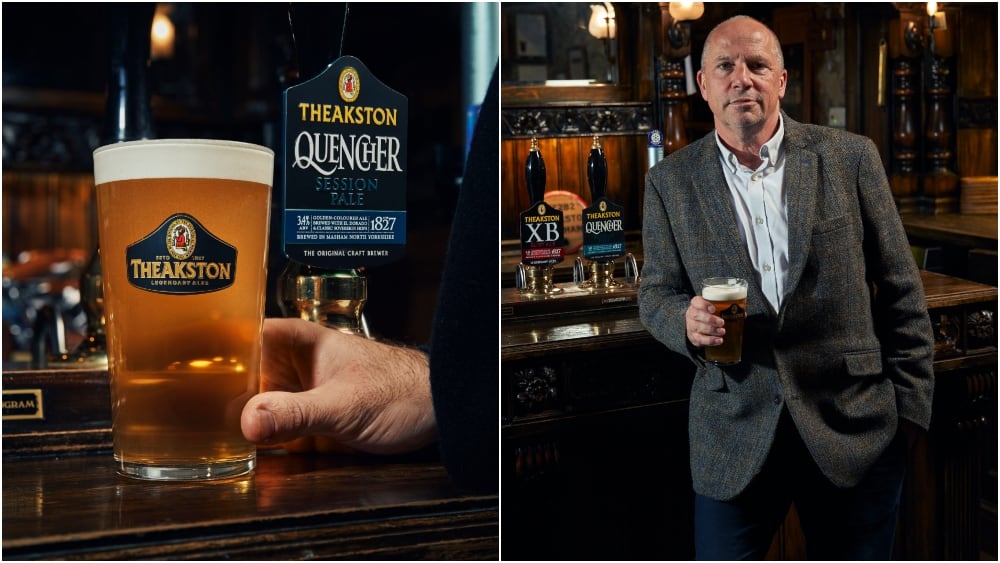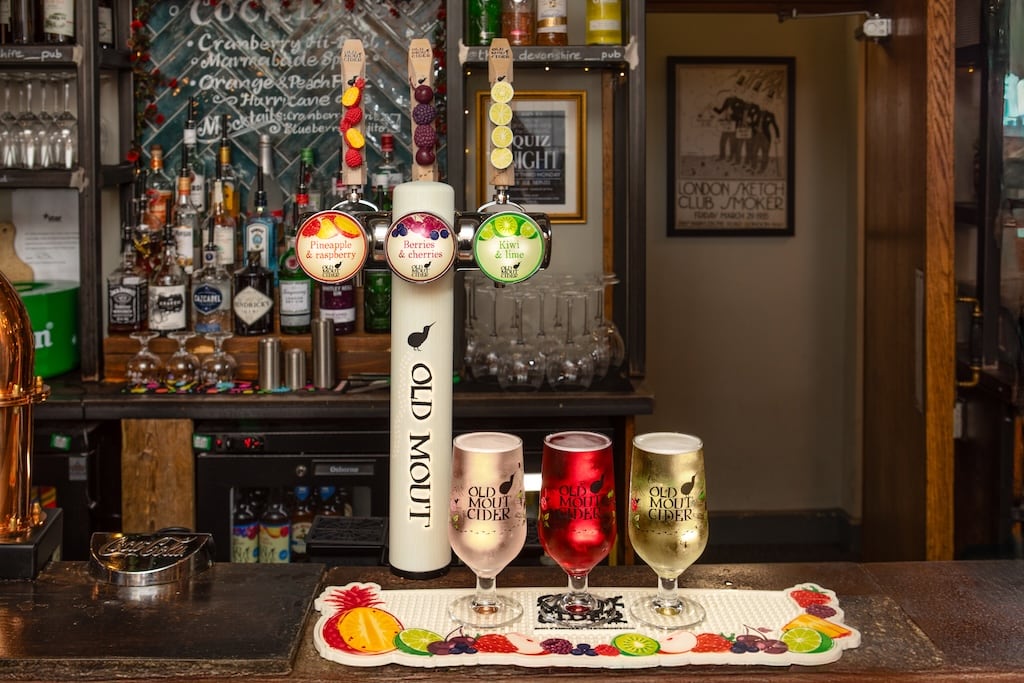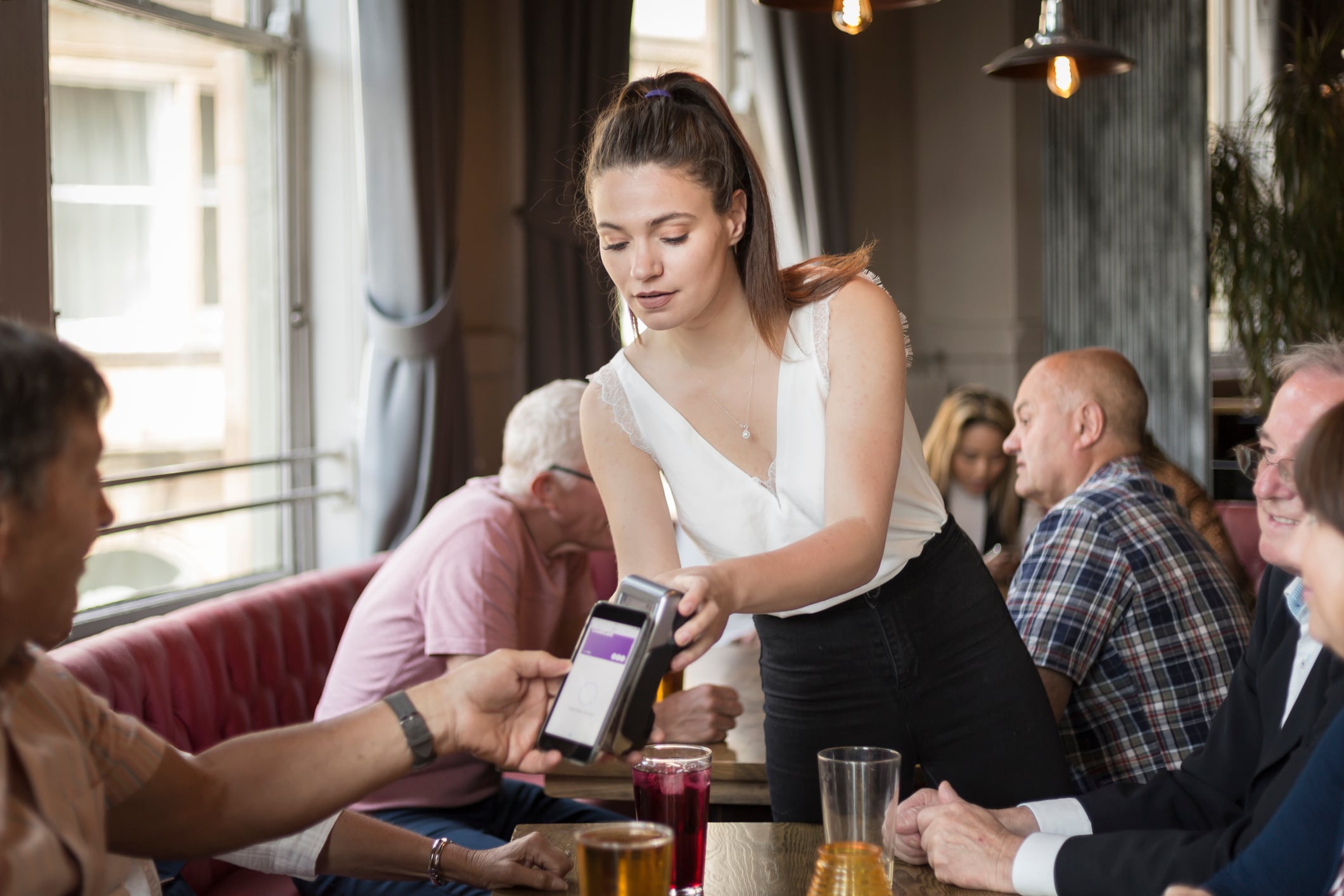I am talking here about regulated entertainment under the Licensing Act 2003, not copyright issues. The following assumes you do not already have these activities authorised on your premises licence.
Let’s start with what many call the ‘Live Music Act’ exemption – the exemption that applies to on-licensed alcohol premises only.
If you are licensed for the sale of alcohol for consumption on the premises, then you can have live music or a DJ until 11pm for an audience of up to 500 people. This could be in two separate rooms, each with separate audiences of up to 500.
I doubt there are many bars in the country that need that sort of relaxation, but the point is each individual room is classed separately.
The bar must be open for the sale of alcohol for consumption on the premises (so ironically if you had a dry event alcohol-wise you would not be able to rely on this exemption) and the DJ or live music must take place within the area designated on your premises for that sale of alcohol.
So, for example, imagine the Dog & Duck’s pub building is licensed but its beer garden is not, then it couldn’t rely on this exemption to have live music or a DJ in the beer garden. Any conditions on your premises licence that purport to restrict live or recorded music in the form of a DJ or in-house music are suspended.
Typical conditions would be that all doors and windows must be closed during live or recorded music, or that a noise limiter must be operated when regulated entertainment takes place. To the extent that such conditions restrict live or recorded music, they are suspended until 11pm.
Sticky legal ground
That does not of course mean you have a licence to cause noise nuisance! Common sense is required and good relations with your neighbours essential.
They can always apply to review your licence, as can the Environmental Health Officer, who could issue a noise abatement notice under environment protection legislation.
An important point to bear in mind now we seem to be in the midst of summer is not only must the DJ deck or the band itself be situated within the area licensed for the sale of alcohol, but the audience that you or they are intending to entertain must be as well. This is where it gets a bit blurry, legally speaking.
Take the Dog & Duck again, with its pub building licensed but the beer garden not. The band is playing inside (the pub doesn’t have live music authorised explicitly on its licence, so is relying on the Live Music Act exemption) but clearly it being a nice sunny day people are wandering in and out to drink outside, have a smoke or a vape and a chat in the sunshine.
If our assistant manager flings open his patio doors so that his customers outside can be entertained by the band playing inside, and if the beer garden where they are listening to and being entertained by the music is not within the red line for the sale of alcohol, then he could arguably be on very sticky legal ground.
This is because the provision of regulated entertainment is being made to an audience, part of which is now outside the licensed area.
An Environmental Health Officer could say the assistant manager clearly intended to entertain his customers outside by opening up the patio doors. The inside is, of course, within the area licensed for the sale of alcohol and therefore exempt.
The immediate practical and legal solutions would be to close the patio doors again to evidence that the purpose is only to entertain those inside, and within the area licensed for the sale of alcohol.
But the position gets even trickier because there is an additional exemption for non-licensed premises (mainly intended for hospitals, factories and schools but the Government is very clear it applies to beer gardens as well) that allows live music up until 11pm for an audience of up to 500.
Many call this the ‘workplace’ exemption (‘workplace’ has a very broad definition by the way). The main difference between the Live Music Act exemption and the workplace exemption is the latter only applies to live music and doesn’t exempt recorded music (DJs etc.).
So, in the example I gave above about the patio doors, if they were indeed flung open by the assistant manager, this would in fact still be legal for the audience outside but by this separate workplace exemption, while relying on the Live Music Act exemption for inside.
That would not be the case with a DJ or in-house recorded music, which are only exempt within the area licensed for the sale of alcohol.
A couple of other points to bear in mind: if your beer garden is actually licensed for the sale of alcohol, then that is absolutely fine and you can have both live and recorded music until 11pm.
“For such an ostensibly harmless activity, provision of live and recorded music and its exemptions are actually legally very complicated.”
The Live Music Act exemption is not based upon whether the music is inside or outside but rather whether the area licensed for the sale of alcohol. It is, in that sense, “blind” to indoors or outdoors.
Lots of pubs rely upon the Live Music Act and workplace exemptions. No problem there.
But one thing to remember is unlike the Live Music Act exemption that applies to areas licensed for the sale of alcohol (be they indoors or outdoors), the workplace exemption does not suspend any premises licence conditions (which makes sense, as it was not intended for licensed premises).
So, if you are planning on having a band outside for a charity event and your beer garden is not licensed for the sale of alcohol, you can go ahead relying on the workplace exemption, but check your premises licence conditions very carefully.
If you have a condition that says, for example “no live music in the beer garden”, or “all music in the beer garden must stop at 7pm” then these conditions will continue to apply – they are not suspended because you are not relying upon the Live Music Act exemption but the workplace exemption, which does not suspend music-related conditions.
In those circumstances, you will probably have to apply for a Temporary Event Notice (TEN) or, longer term, vary your premises licence to allow live music outside or alternatively to be able to sell alcohol outside whereupon you could rely upon the Live Music Act exemption.
It gets even more complicated. If in the above example your conditions say, ‘no regulated entertainment in the beer garden after 10pm’ then you could have your band until 11pm.
This is not because the condition is suspended (it isn’t, because you’re relying on the workplace exemption) – it simply doesn’t apply, because by virtue of the workplace exemption your live band is not classed as regulated entertainment at all, and therefore can continue until 11pm, when the workplace exemption expires.
This can all get very messy but the bottom line is if you have a good relationship with your neighbours and keep them up to date with what you are planning, if you deal with any complaints politely and expeditiously and if you don’t take the mickey, you are unlikely to get an unwanted visit from environmental health.
As I said, none of the exemptions allow you to cause a noise nuisance, which could result in a licence review or a noise abatement notice from the environmental health officer.
The licensing sub-committee could then remove the Live Music Act exemption so any music-related conditions would apply again and indeed if you don’t have live or recorded music authorised on your licence at all, you would have to apply to have them added, which given that you have just been subject to a licence review, I would suggest is unlikely to be granted.
Very complicated
The Live Music Act was brought into effect in 2012 to give live music performers and bands a break from some of the overbearing red tape that was helping to kill off the live music scene in pubs and bars.
Those exemptions were then expanded in 2015 to include recorded music (DJs) but only to the extent they are within the area licensed for the sale of alcohol.
This is, I understand, because certain authorities were concerned about unlicensed raves taking place in places like car parks if recorded music was given the same “workplace” exemption as live music. You can be the judge of that.
Obviously, if you have live and recorded music authorised on your licence already, then you are good to go.
One other exemption worth noting is that live unamplified music until 11pm is permitted anywhere, be it on licensed or unlicensed premises.
This is because, due to it being unamplified, the music is considered to be self-limiting in terms of its potential to cause noise nuisance.
By “amplification” you can take that to mean electronic amplification – trumpets, drums and pianos all have their own physical amplification properties but that it not what is meant by the legislation.
Lastly, remember that background music doesn’t require a premises licence in any circumstances.
To judge whether music is background you need to look at the overall circumstances, the volume of the music, whether it is the main attraction or one of the main attractions (in which case it wouldn’t be background in all likelihood) and its potential to undermine one or more of the four licensing objectives.
To be fair, most people can tell what background music is – if you find your customers tapping their feet or, heaven forbid, dancing to your “background music” you might want to think about exemptions or getting music licensed on your premises licence.
For such an ostensibly harmless activity, provision of live and recorded music and its exemptions are actually legally very complicated.
- Andy Grimsey is a senior associate solicitor at Poppleston Allen.




